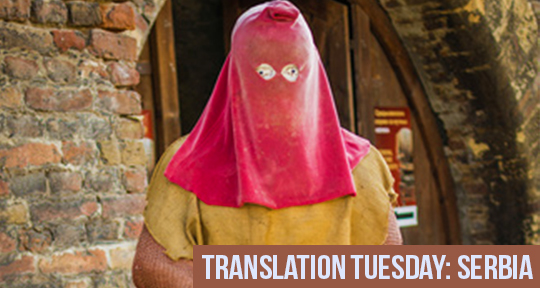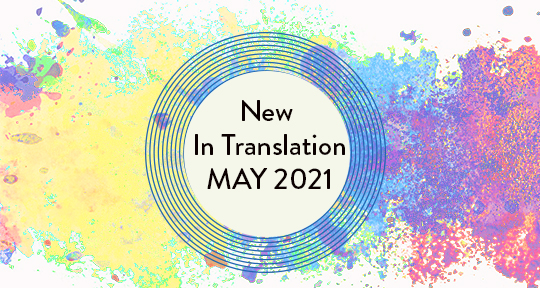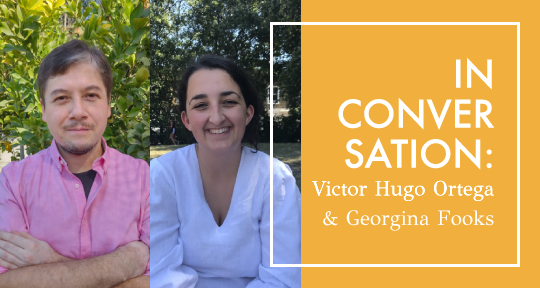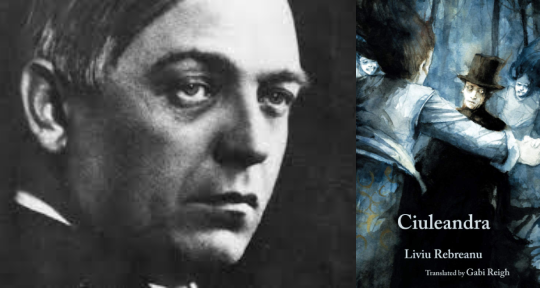We take our jobs of bringing you the best new releases from the realm of world literature very seriously, and this week, we have four astounding texts from authors notorious for their intelligence, their variousness, and their ability to captivate. From Iceland, Sjón explores the banality of evil in a charged, probing character study. In Argentina, the legendary Norah Lange comes to new light as she evolves beyond her reputation as a literary muse, and tells her story in her own, singular language. The latest from French writer and playwright Yasmina Reza is a poignant meditation, guided by oratory, on selfhood, aging, and human frailties. And lastly, Chile’s award-winning Lina Meruane comes out with an exploration of illness and intergenerational trauma that is at once dreamy and deeply grounded in physicality. Read on to find out more!
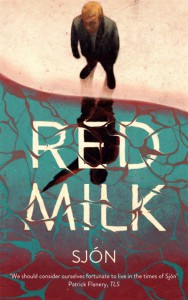
Red Milk by Sjón, translated from the Icelandic by Victoria Cribb, Sceptre, 2021
Review by Lindsay Semel, Assistant Managing Editor
Sjón, one of Iceland’s most internationally recognizable literary figures, is a lifelong cultural miscegenationist. Since his earliest days as a neo-surrealist poet and musician, he has drawn proudly and liberally from global artistic lineages. In Red Milk, his latest collaboration with long-time translator Victoria Cribb, he employs an intentional, methodical restraint to examine the survival of Nazism post-World War II through the life and early death of Gunnar Kampen, a fictionalized version of a real, small-time Icelandic neo-Nazi. Sjón’s policy of omission—of drama, psychology, violence, grandeur of any kind—results in a delicious tension. He tempts us to expect so much of the novel, and though he never provides the relief of clean culminations, he manages to keep the reader wanting.
More than anything, we want Gunnar to either damn or to redeem himself, but he refuses to be anything more than a tempest in a teacup—a chess piece carved in ivory rather than ebony. He passes his brief life engaged in the mundane building of a movement that never comes to fruition. He stumbles into nationalist socialism the same way any young person stumbles into their solidified adult identity. This is not a psychoanalytic assessment of what draws him to Nazism so as much as a collection of images, inputs, choices, and feedback that nudge him there. One such curious image comes from a party he attended with his parents as a child. Bored with the adults, he wanders through the house until he encounters “a human figure, sitting in the shadow thrown by the curved back of the armchair,” in the library. He marvels at her brown skin and colorful clothing.
Without releasing her grip on his left hand, she raises his right hand and pulls it under the lampshade, holding it up to the strong bulb until the light shines red through the child’s flesh, revealing the silhouettes of the bones inside.
‘Only possible with such a hand.’
The woman nods at him. The filigree brooch on her shoulder gleams, exposing the pattern from which it is made: a myriad tiny swastikas that differ from the hated one only in that they stand upright rather than tilted on their side.
‘Only white people let the light into themselves.’
The imagery is not attributed any meaning besides its own aesthetic potency. The woman’s exoticism is a neutral source of intrigue for Gunnar, unrelated to his blossoming racial beliefs. The woman—as an ideologically educated Gunnar discovers later—might well have been Savitri Devi, the all too real mother figure of contemporary neo-Nazism, but Gunnar’s brush with history is told with the same tone as if she had simply been Reykjavik’s witchy spinster. READ MORE…

